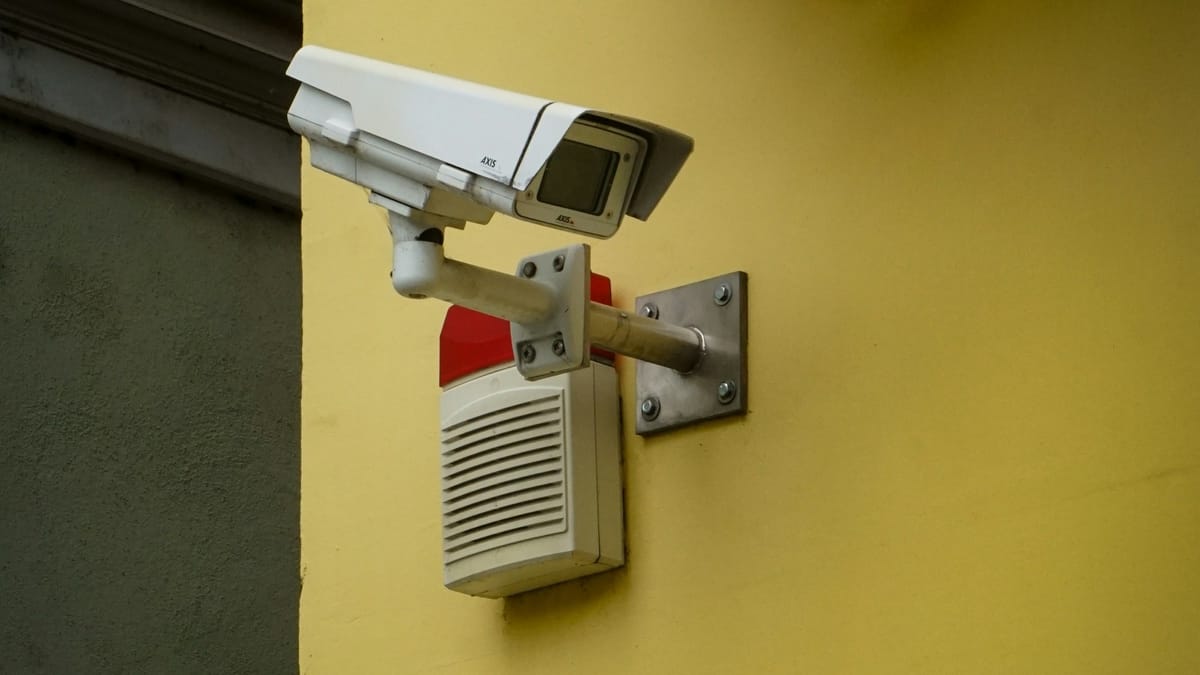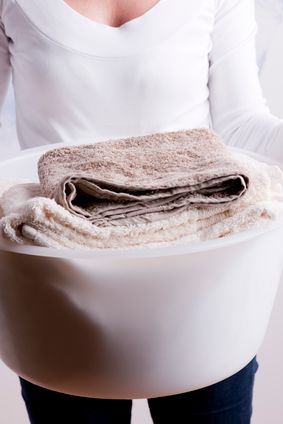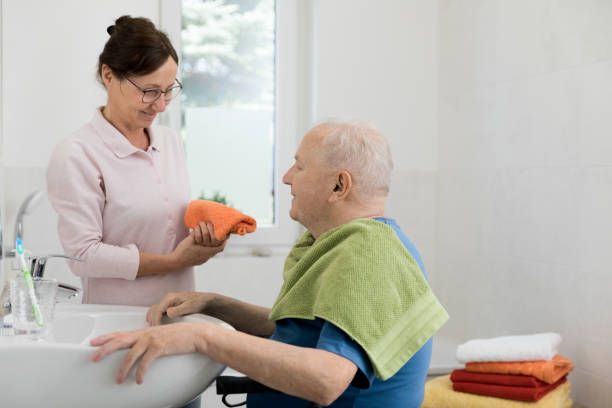Home Safety for Seniors with Dementia
Learn about the importance of home safety for seniors with dementia and tips for implementing safety locks and storage solutions.

Home Safety for seniors with dementia
Make the home safe for the aging adult with Alzheimer’s or dementia. When you hear the diagnosis of dementia or Alzheimer’s the last thing a family member may not consider… is the importance of making the environment safe. Individuals with dementia slowly lose their ability to think… and recognize unsafe conditions or situations. Caring for an individual with dementia will need the same safety settings.. you would consider for anyone that is aging.. and has a progressive deteriorating condition with a few extra challenges.
The cognitive thought processes will gradually disappear. The challenges of changing behaviors and physical abilities … will need different levels of care as the condition progresses.
The level of help and safety measures… should match the needs of a person as their condition advances to a higher level of care. It is important to prepare for these changes early in the disease process. Individuals with dementia or Alzheimer’s … may become very active and develop unexpected behaviors.
Many times the behaviors are like that of an active toddler… wandering, hiding things, and hoarding things. Many have mood swings that may result in aggressive behaviors. The goal of making the home safe … is to allow each individual to maintain their greatest level of independence. Remember, as dementia advances… a person will not recognize or even be aware of unsafe situations or obvious dangers.
More home safety for seniors with dementia that you should consider:
Utilizing safety locks… on cabinets in the bathroom, kitchen and utility areas, as you would for a toddler. It is important to lock up.. medications, cleaning products and even everyday laundry products.
Keep gardening products, insecticides, power tools or other potentially harmful products… located in the basement or garage locked up in a separate area, as well. Locking in a tool shed or separate area that is not accessible to the individual with dementia.
You may consider using safety locks… on drawer’s areas where sharp objects, scissors, pins for sewing, matches… are stored. The kitchen oven and stove can be a safety hazard.
Many individuals with dementia may have a tendency to turn the stove on and walk away and forget it. This can lead to a kitchen fire. Individuals over the age of 65 years of age have the highest chances of dying in a fire. The chances of dying in a fire increase dramatically as ages into the next few decades.
To solve this problem, place safety knobs on the stove. There are newly developed products.. that will turn the stove off when someone walks away for the stove. There are also timers that can be used that will make the stove functional at different time of the day. Having a nonflammable apron … that is used during cooking is also recommended.
A door alarm on all doors that open to the outside may be used to alert when the door opens. This is a good tool to use… when a family member is caring for someone that wanders. Locks on bedroom doors and bathroom doors should be changed … to ones that may be able to lock on the outside, not the inside. There may be a time when an individual will go into a room and lock the door and then forget how to unlock it and get out.
Additional locks on some doors may be necessary… for the confused individuals with dementia that are inclined to wander. Placing the locks higher on the door… or consider using keyless entry locks for some rooms in the house to make it difficult to get out.
It is so important to have a well-lit home for the evening, in and outside of the home. Darkness can cause confusion or a feeling of fear in someone with dementia. Night lights may decrease confusion when waking up in the middle of the night.
Home safety is challenging when caring for someone with dementia. Preparing early in the beginning stages of dementia.. helps the care giver prepare for the unexpected. This will decrease stress and give the caregiver a chance to provide care with peace of mind.
Creating a safe home environment for aging seniors with dementia is important to ensure their comfort and wellbeing. Aging in place can help maintain independence and dignity while providing caregivers the peace of mind that their aging relative is safe.
Home safety products are an invaluable addition to any aging in place setup. Non-slip mats, grab bars, motion sensors, medication organizers, and other items designed specifically for seniors with dementia can make all the difference in making sure a senior’s home is hazard free. These products also provide added convenience when it comes to daily activities like bathing or dressing. Taking the time to properly install these safety products can be well worth it as they will help reduce falls and accidents around the home.
Safety shouldn't stop there. It's important to check that any high-traffic areas are well lit and free of tripping hazards. It’s also helpful to keep the home clutter-free, as messes can make it difficult for seniors with dementia to navigate around their home safely. All electrical outlets should be covered and all cords should be safely tucked away so they don't create a fire hazard.
Finally, caregivers should consider installing locks or other security measures in the home to ensure that aging relatives cannot wander off without supervision. A motion sensor alarm system is also a good choice for preventing unauthorized entry into the home from outside sources.
Creating a safe home environment for aging seniors with dementia is not only possible but necessary in order to ensure their safety and comfort. Home safety products, proper lighting, clutter-free spaces, and security measures are important steps to creating a safe home environment for aging adults with dementia. Taking the time to properly install these items can provide caregivers the peace of mind that comes with knowing their aging relative is safe in their own home.
Our Resources section can help you find the information and tools that you need. We have courses, videos, checklists, guidebooks, cheat sheets, how-to guides and more.
You can get started by clicking on the link below. We know that taking care of a loved one is hard work, but with our help you can get the support that you need.
Click here to go to Resources Section now!
You might also like this article:







